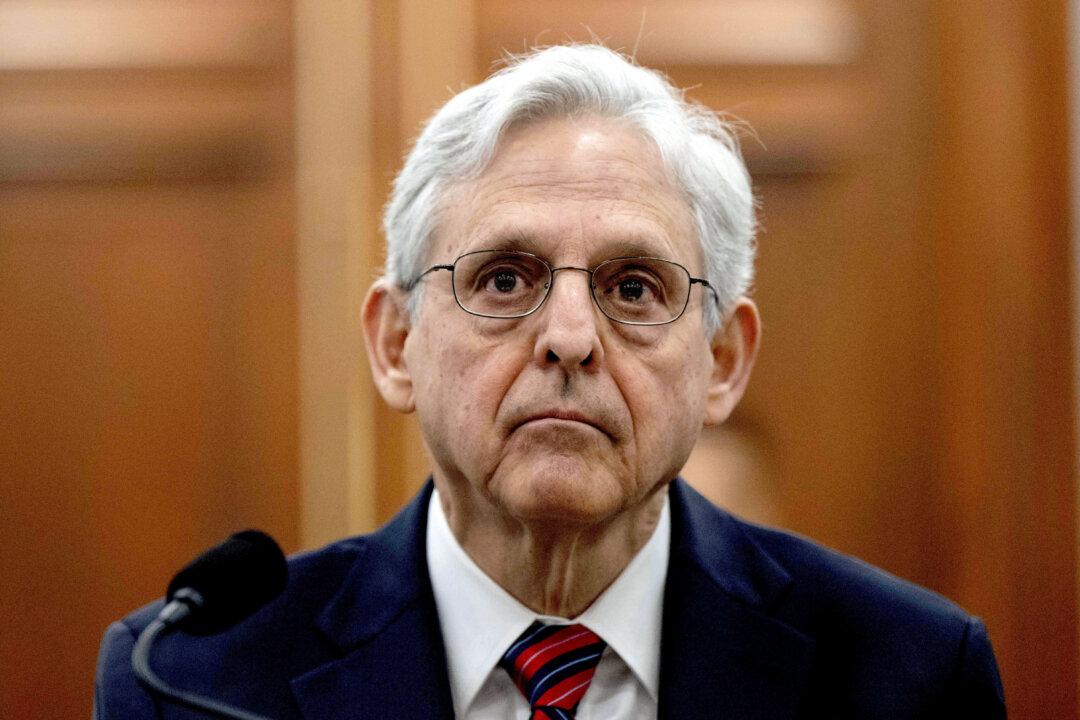Attorney General Merrick Garland has declined a lawmaker’s call for the Department of Justice (DOJ) to investigate alleged violations of the right to a speedy trial for defendants facing charges for their actions at the U.S. Capitol on Jan. 6, 2021.
Rep. Andrew Clyde (R-Ga.) asked Garland about the 6th Amendment trial rights of various Jan. 6 defendants during a House Appropriations subcommittee hearing on Wednesday. During the hearing, Clyde noted he had toured the DC Department of Corrections last week and met with several defendants still in pretrial detainment over the charges they face due to their actions on Jan. 6, 2021.





